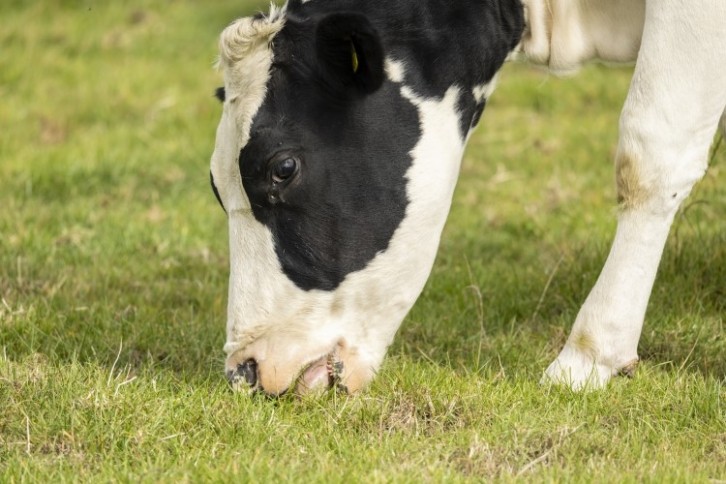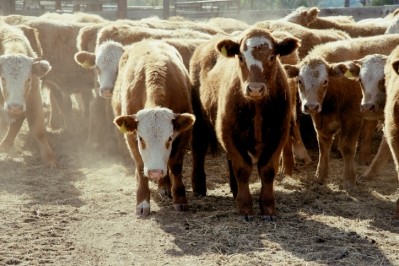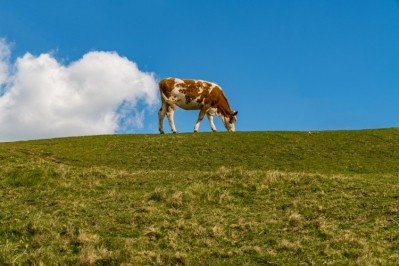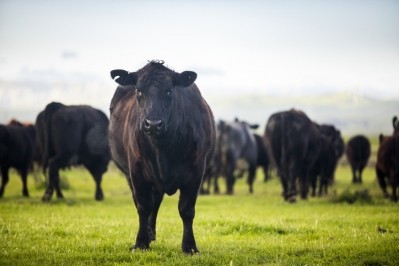Methane-cutting genetics research and disease-preventing AI project among Farming Innovation grant winners

A bovine genetics projects run by Genus provides targeted genetic solutions for farmers to create more value for the meat and dairy supply chain. According to the research, there’s a potential for reducing methane by around 17% through ruminal microbiome-driven breeding. The project is being offered a share of up to £12.5m.
Another winner is Aganalyst, whose project leverages plants as sensors to support better fertilizer utilization.
Also benefiting from the program is a research project that uses artificial intelligence (AI) to tackle Johne’s disease in cattle. The illness that affects dairy cows can lead to a reduction in milk yield and weight loss, as well as an increase in greenhouse gas production from the affected animals.
The project is led by Scottish veterinary biotech company MI:RNA Ltd, in collaboration with SRUC Research, who are developing new testing technology that would detect the disease at an early stage. MI:RNA’s non-executive director Kasi McReddie said: “The single largest problem in Johne's disease control is the difficulty of detecting infected animals that are not showing signs of illness. The MI:RNA early detection method holds the potential to become a reliable and affordable tool for vets and farmers to diagnose Johne’s before it can be further spread throughout the herd, and before it causes significant losses for the business. The animal welfare & environmental impacts of early detection could be massive.”
Also a successful applicant, Synergy Farm Health will carry out a study with an antibody test to detect bovine tuberculosis in milk. The aim is to improve the control of bTB in dairy herds through better welfare surveillance and improve productivity in farms.
Another solution to benefit from this funding round is Gwynhallow’s automated dairy cubicle cleaner. The project will investigate a new technical solution for automated cubicle cleaning, with an engineering company and an agri-tech center set to progress the idea into a working prototype.
The funding is all part of the Farming Innovation Programme, run in partnership with UK Research & Innovation (UKRI) and delivered by Innovate UK, which is making £270m in grants available before the end of the agricultural transition to fund research and development projects to help farmers and growers produce food more sustainably.
UK secretary of state for agriculture, Thérèse Coffey, said: Farmers are always forward-looking, and innovation is key to driving forward a resilient, productive and sustainable agriculture sector that puts food on our tables whilst protecting and restoring the environment. Alongside our new farming schemes, these grants will help to support farmers and pave the way for a technological transformation that will help produce food sustainably for generations to come."
Katrina Hayter, executive director, healthy living and agriculture of Innovate UK, said: The competitions once again demonstrate the sheer breadth and quality of innovation within the UK agri-food space. We’re proud to be able to help deliver these funding and partnership opportunities to the sector, bringing together farmers, growers, technologists and researchers in a common aim of making the UK food system more sustainable and resilient. Whether improving existing production or introducing novel foods and techniques, the winners have all risen to the innovation challenge and we look forward to supporting their development further."








